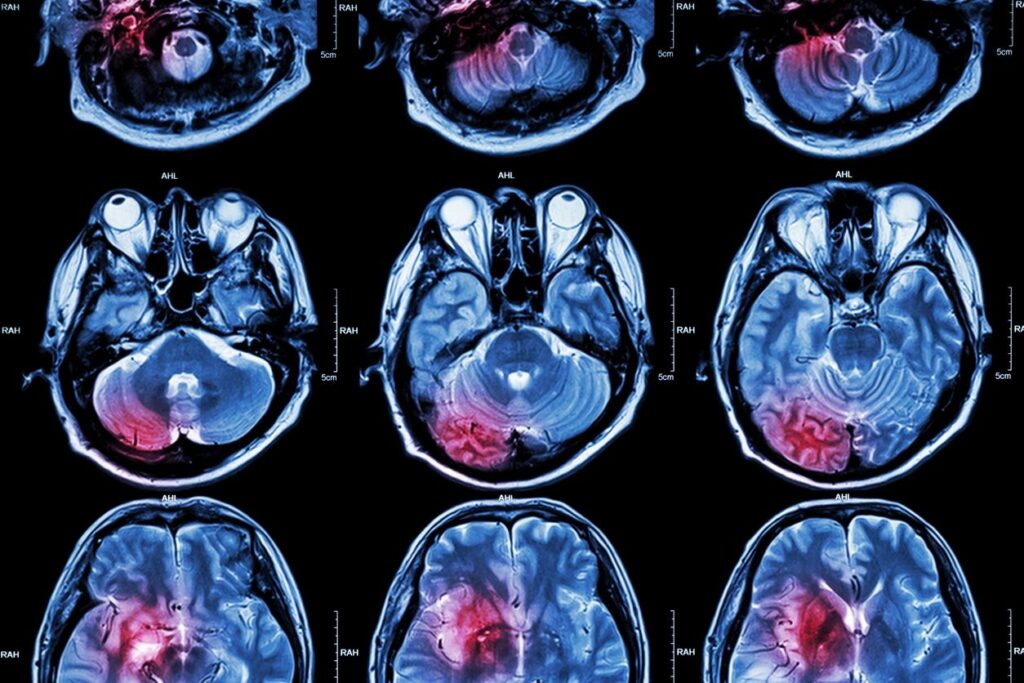Posts by Neil Petersen
How Much of Self-Control Is Genetic?
We each strike a different balance between following our impulses and second-guessing them. The amount of self-control we have can factor into how well we do in school, or how likely we are to develop addictive behaviors. For this reason, psychologists are keen on understanding where our individual differences in self-control come from. Front and…
Read MoreAwe, the Unknown and Science
Think of an experience you’ve had that inspires awe – seeing the night sky or a stunning landscape, for example. Part of that feeling is probably a sense of wonder at the vastness, the complexity and the mystery of the universe we live in. On some level, feeling awe is about appreciating how small we…
Read MorePeople Care More About Climate Change After Experiencing a Hurricane
Climate change is an interesting psychological case study. It’s a big, scientifically unambiguous problem, but we’re more or less content to ignore it and go on with our lives as usual. Part of the reason for this nonchalance is that, for now, the effects of climate change seem distant and abstract. We all have immediate…
Read MoreMental Imagery Can Enhance Motivation
A lack of motivation can put to ruin the greatest plans – or the smallest ones for that matter. Getting the motivation to do something is a complex process that takes place in the brain, so there’s no simple formula for boosting your motivation when you need it. But as it turns out, using mental…
Read MoreBiking Can Boost Cognitive Function in Older Adults
For better or worse, pedaling around on a two-wheeled vehicle seems to effect people’s cognition, as I’ve written about before. Being bicyclists apparently makes people better drivers but also gives them a little paranoia, at least temporarily. Here’s another change you can chalk up in the “for better” column, though: improved cognitive function later in…
Read MoreCommunication Is Key for Sexual Satisfaction
You might not think to look through the scientific literature to spice up your sex life, but it turns out that psychology researchers have some ideas about what makes good sex – and some data to back those ideas up. In a recent meta-analysis, researchers at University of Texas reviewed studies on the link between…
Read MoreFeeling Grateful vs. Feeling Indebted
“Thanks! I owe you!” Maybe you’ve said that when someone has done a favor for you. Feeling thankful and feeling like you owe someone are related to each other, but it turns out these two emotions aren’t quite the same. Interestingly, feeling grateful seems to be a more other-focused emotion while feeling in debt to…
Read MoreQuitting Smoking Can Set Off a Chain Reaction of Positive Mental Health Changes
There are obvious physical health benefits that come with giving up tobacco, but it turns out there are some mental health benefits too. Researchers have consistently found a link between quitting smoking and positive mental health outcomes. For example, a meta-analysis of 26 studies published in 2014 found that smoking cessation was associated with lower…
Read More6 Predictors of Relationship Satisfaction
Happy Valentine’s day! Or is it? That might depend on how satisfied you are with your relationship. It’s hard to define what makes a good relationship, but scientists have a few ideas. Here are 6 factors that have been linked to relationship satisfaction. 1. Knowing your partner’s emotions It’s easier to navigate a relationship when…
Read MoreDo Children Beat Adults at the Game of Concentration?
If there’s a game that’s equally challenging for players of all ages, it would be Concentration. In case you’re not familiar, the game goes like this: lay all the cards in a deck face-down in a grid. Every turn, you get to flip over two cards. If they’re matching cards of the same color (e.g.,…
Read More









